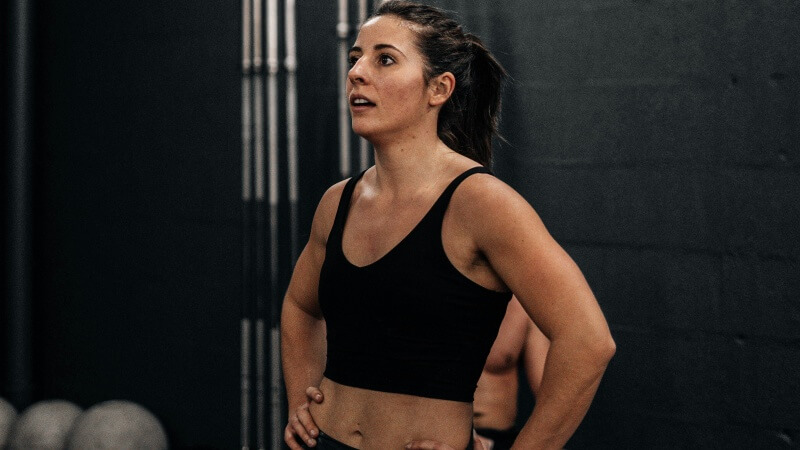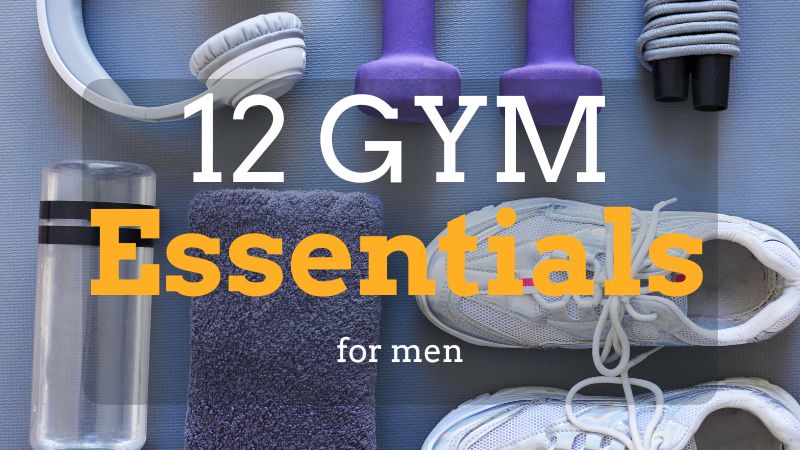
Gym Essentials For Women:A Complete List
Enthusiasts who never miss a session, understanding the gym essentials for women is crucial, not just for what to wear but also for what to

In the vast and colorful tapestry of nutrition and personal health, one element stands undeniably crucial: water. From the essence of our very existence, water permeates through our bodily functions, ensuring vitality, aiding metabolism, and keeping our skin healthy.
But how much water should you drink a day? Or, perhaps, how much water is too much?
The journey through the upcoming sections will unfurl these answers, illuminating the significant role of water, and alternative hydration sources, in our daily lives, thereby weaving through its benefits, requisite intake, and consequences of inadequacy.
It helps you play, think, digest food, and even makes your skin look great. Every sip is doing something good for you, making sure everything in your body is working just right.
Water is an essential elixir that improves physical performance, sharpens cognitive processes, improves skin health, aids digestion, aids kidney purification, regulates temperature, boosts metabolism, and ensures proper joint and muscle activities. Utilize these advantages and improve your hydration habits with a smart water bottle.
When you don’t drink enough water, your body can experience various negative effects. Here are some of the things that can happen:
Why? It hydrates you without adding any calories or sugar.
How Much? Aim for 8 glasses, or around 2 liters, but remember that needs can vary.
You will know how much water different people should drink and what factors might change that amount.
Drinking water is important, and your weight can tell you how much you need. A common idea is to drink 8 glasses of water a day, but people who weigh more might need more water than that. Sometimes people say you should drink half an ounce to an ounce of water for each pound you weigh.
You can use the following rule-of-thumb calculation provided in US News & World Report to help you construct a baseline.
So, if you weigh 150 pounds, you might need between 75 – 80 ounces of water each day.
Kids and adults have different needs when it comes to water. Little kids might only need about 5 glasses of water a day.
But adults, in general, should try to drink 8 glasses of water each day. Older people might need a bit more water because their bodies don’t keep water as well as they used to.
Recommended water intake chart: L/day (liter or liter per day)
| Age Group | Recommended Water Intake (L/day) |
| Infants 0–6 months | 0.7 (from breast milk or formula) |
| Infants 7–12 months | 0.8 (including other beverages) |
| Toddlers 1–3 years | 1.3 |
| Children 4–8 years | 1.7 |
| Boys 9–13 years | 2.4 |
| Girls 9–13 years | 2.1 |
| Boys 14–18 years | 3.3 |
| Girls 14–18 years | 2.3 |
| Men 19+ years | 3.7 |
| Women 19+ years | 2.7 |
| Pregnant Women | 3.0 |
| Breastfeeding Women | 3.8 |
When a woman is pregnant, her body needs more water to help the baby grow. So, pregnant women should try to drink at least 10 glasses of water each day.
If they are breastfeeding, they might need even more, like 13 glasses each day, to make sure they have enough milk for the baby.
1. Climate and environment
If it’s hot or you’re at a high place where the air is thin, your body will need more water. Also, if you’re outside in the sun a lot, or do a lot of exercise, make sure to drink extra water to stay hydrated.
2. Health conditions
Some people who have health issues, like diabetes or heart problems, might need to drink more water. But sometimes, some conditions mean you should drink less water. Always ask a doctor what is right for you.
3. Pregnancy and breastfeeding
As we talked about before, women who are pregnant or breastfeeding need more water to stay healthy and help their babies grow.
4. Medications and alcohol consumption
Sometimes, if you drink alcohol or take certain medicines, you might need more water. Alcohol can make you need to go to the bathroom more, which can make you dehydrated. And some medicines work better if you drink lots of water.
Below is a reference table for the water content in various foods
| Water Content (%) | Food Items |
| 90% and Above | watermelon, cucumbers, lettuce, celery, zucchini, and radishes |
| 80% – 89% | strawberries, bell peppers, pineapple, and spinach |
| 70% – 79% | tomatoes, grapes, apples, pears, oranges, and peaches |
| 60% – 69% | papaya, raspberries, blueberries, and passion fruit |
| 50% – 59% | apricots, cantaloupe, and pomegranate |
| 40% – 49% | mango, kiwi, cherries, plums, and grapefruit |
| 30% – 39% | figs, pears, peaches, pineapple, sweet potatoes, canned tuna, cottage cheese |
| 20% – 29% | bananas, avocados, baked potatoes, cooked pasta, cooked legumes, fried fish, cooked eggs |
| 10% – 19% | baked goods, cooked grains, some cheeses, butter, popcorn, biscuits, cooked beans, and grilled meats |
| 1% – 9% | walnuts, peanuts, chocolate chip cookies, crackers, cereals, pretzels, taco shells, peanut butter, bread, and dried fruits |
| 0% | soils, sugars, dried herbs, salts, and most spices |
While water is the king of hydration, not everyone enjoys drinking it plain. Consider alternatives that are still healthy but offer a bit more flavor:
Notes for healthy drinking
Watch the sugar: Even healthy drinks can contain sugar, so opt for unsweetened versions when possible.
Portion control: Keeping an eye on portion sizes ensures that you’re not unintentionally consuming too many calories or too much sugar.
Embarking through the channels of hydration and its imperative nature, we have surfed through topics ranging from the sheer necessity of water to the optimal amounts needed to sail smoothly through the rivers of our metabolic processes.
As we’ve uncovered, hydration is not merely a matter of quenching thirst but a comprehensive necessity that fuels our bodily functions, impacts our overall health, and nourishes our well-being from the inside out. The plethora of information encapsulated in the preceding sections, from tips on maintaining optimal hydration to understanding the undulating waves of individual hydration needs, serves as a guide and an anchor on our journey through healthy living.
May the knowledge dissolved in these words permeate through your daily habits, ensuring a well-hydrated, healthy, and happy you!


Enthusiasts who never miss a session, understanding the gym essentials for women is crucial, not just for what to wear but also for what to

A common myth circulating in the fitness world is the belief that a gym diet plan is unnecessary. Many seem convinced that they can simply

The average bench press, often referred to humorously in gyms as ‘How much ya bench’ or ‘whaddaya bench?’, stands as a quintessential measure of strength

Nowadays, we always seem to be packing a bag for something. Whether it’s getting ready for work with your messenger bag or briefcase, filling up

Enthusiasts who never miss a session, understanding the gym essentials for women is crucial, not just for what to wear but also for what to

A common myth circulating in the fitness world is the belief that a gym diet plan is unnecessary. Many seem convinced that they can simply

The average bench press, often referred to humorously in gyms as ‘How much ya bench’ or ‘whaddaya bench?’, stands as a quintessential measure of strength

Nowadays, we always seem to be packing a bag for something. Whether it’s getting ready for work with your messenger bag or briefcase, filling up
Copyright © 2025 remindsmartbottles. All Rights Reserved.
Copy the coupon code below and fill it in when you purchase to enjoy!
newuser